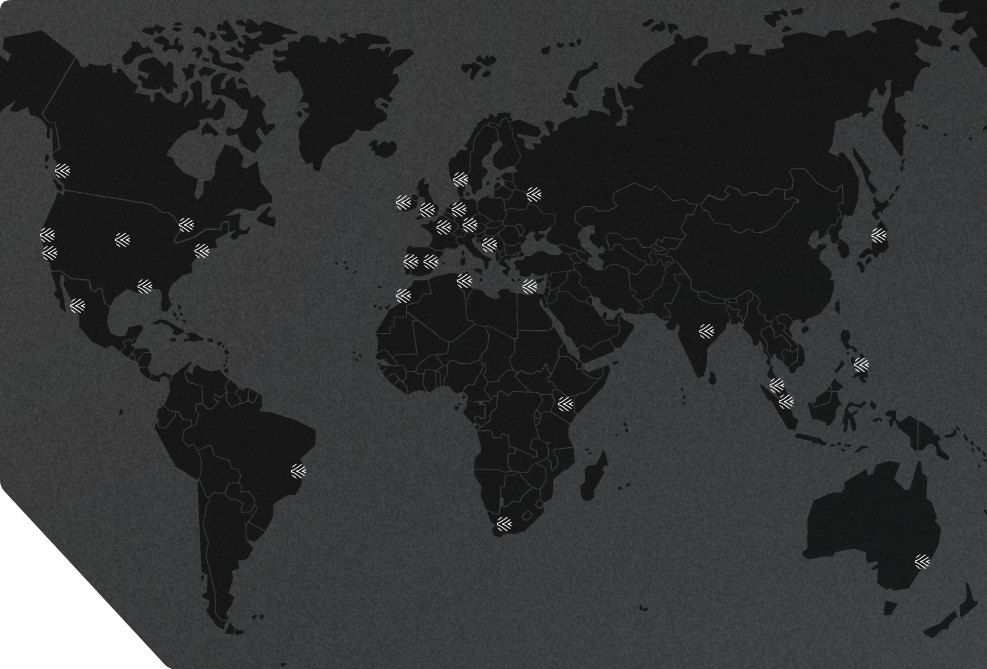Blitzscaling process design
- Share on LinkedIn
- Share on Twitter
- Copy link Copied to clipboard

Blitzscaling process design

What is Blitzscaling and the implications for process design
Blitzscaling is a term coined in Silicon Valley by Reid Hoffman. Reid is a serial Entrepeneur behind some small successes such as Paypal, Linkedin, Facebook and Air B&B.
The techniques behind Blitzcaling are aimed to achieve massive scale at incredible speed. History would suggest if you want to achieve valuations in the Billions, Blitzscaling is the path to follow. However, it’s not for the faint hearted and according to Reid is the “prioritization of speed over efficiency in the face of uncertainty”
So how does the concept of Blitzscaling translate into your talent strategy?
Firstly, if you are serious about blitzscaling you are going to have to grow and fast. Therefore you need a people/talent strategy that can sustain this volume.
Ried believes there are two main ‘Growth Limiters”:
1) Lack of product/market fit
2) Operational Scalability
This second factor is where the Talent strategy really comes in. To achieve Blitzscaling you need to consider:
- Human limitations on Scalability
- Infrastructure Limitations on Operational Scalability
The Talent function is often undervalued and underinvested in, making it impossible to achieve Blitzscaling. When looking to scale you must factor in the operational scalability of your Talent function.
For example, Reid explained at LinkedIn one of the keys to scale was their ability to rapidly scale their salesforce which at the time was a big challenge for the CEO.
Google also excelled in operational scalability and invested heavily in people scalability. They would use data and people analytics to look at things like the optimum number of interviews per candidate to drive the best hiring outcomes. (in their case the data suggested 5 maximum)
So who can help you?
Scaling is hard and Blitzscaling is even harder. There are lots of great organisations that can support you by providing the extra firepower to you on your journey. From marketing to recruitment there is support out there.
For example, the Air B&B founders used to take pictures of the properties themselves. But considering human limitations of scalability it was much easier to outsource this to a range of partners to deliver globally rather than trying to deliver it themselves.
Our embedded model provides consultancy support for people and talent functions who have scaled rapidly and globally. Read our case study on how we helped Copper.co build a Crypto Unicorn and grow 306% in 16 months
What are the key areas of focus?
Hoffman goes on to write, that ‘the following techniques offer you guidance on how to manage your as an organisation from start – up to scale – up’:
#1 Transition small teams to large teams
Every aspect of people management, from recruitment, to coaching to communications, has to adapt to the different stages of blitzscaling. As teams grow, coordinating the efforts with tens or hundreds of employees requires ensuring there is alignment of the goals of the organisation as a whole and requires planning and formal processes.
#2 Generalists to specialists
As the company grows, there is a need to start hiring specialists, who have expertise in areas that are crucial to scaling the organisation. This also then allows you to redeploy your generalists to work on pressing challenges. You should still retain your generalists for their cultural and institutional knowledge, and for their ability to tackle new problems.
#3 Contributors to managers to executives
As your company progresses from a village to a city or even a nation, you will need to look internally at promoting your managers and developing executives but also hiring externally for executives because the growth in size will require you to add layers but also because your executives wont always have what it takes to scale to the next stage. ‘Blitzscaling organisations, need organisation not just to coordinate their resources but to maximise speed.’
#4 Dialogue to broadcasting
As a business scales, one area that undergoes a lot of change is internal communications process. You will have to go from the informal individual and ad hoc conversations to shifting to a more formal and electronic broadcasting of information. You must develop an effective internal comms process to ensure that the business does not become disjointed.
#5 Inspiration to Data
“What is the role of data in your scaling company?” in an interview with Reid, Jeff Bezos of Amazon discussed how he makes data a critical part of his management process. “If this a decision based on opinion, then my opinion wins” said Bezos. “However, data beats opinion, so bring data”. There are lots of unknowns already through the scaling journey so implementing the use of data into your processes and decision making eliminates ambiguity and allows you to make credible and informed decisions.
Summary
The concept of Blitzscaling should be researched for anyone looking to scale a business. If nothing else It will help assess your appetite for scale as this concept really opens your eyes to the pace you have to move at if you are serious about scale.
Here are some of our key take-aways;
1) Consider both human and infrastructure limitations on scalability
Consider the specific factors that might cause limitations and choose a robust process design that will resolve them and allow you to achieve the degree of scalability you require.
2) Track data
Tracking data allows us to see where the obstacles and challenges lie. Once we are aware, we can remove those obstacles. Using data in our process design also allows us to measure the required input or effort needed to achieve a certain outcome.
3) Use specialist partners
Considering human limitations of scalability, it might be easier to outsource or enlist the support of specialist partners to help. The world’s biggest and best brands do it, so why wouldn’t you?
Bond’s top recommended reading list for scaling businesses:
Blitzscaling – the lightening fast path to building massively valuable companies by Chris Yeh and Reid Hoffman.
Zero to One by Peter Thiel
Scaling up by Verne Harnish


